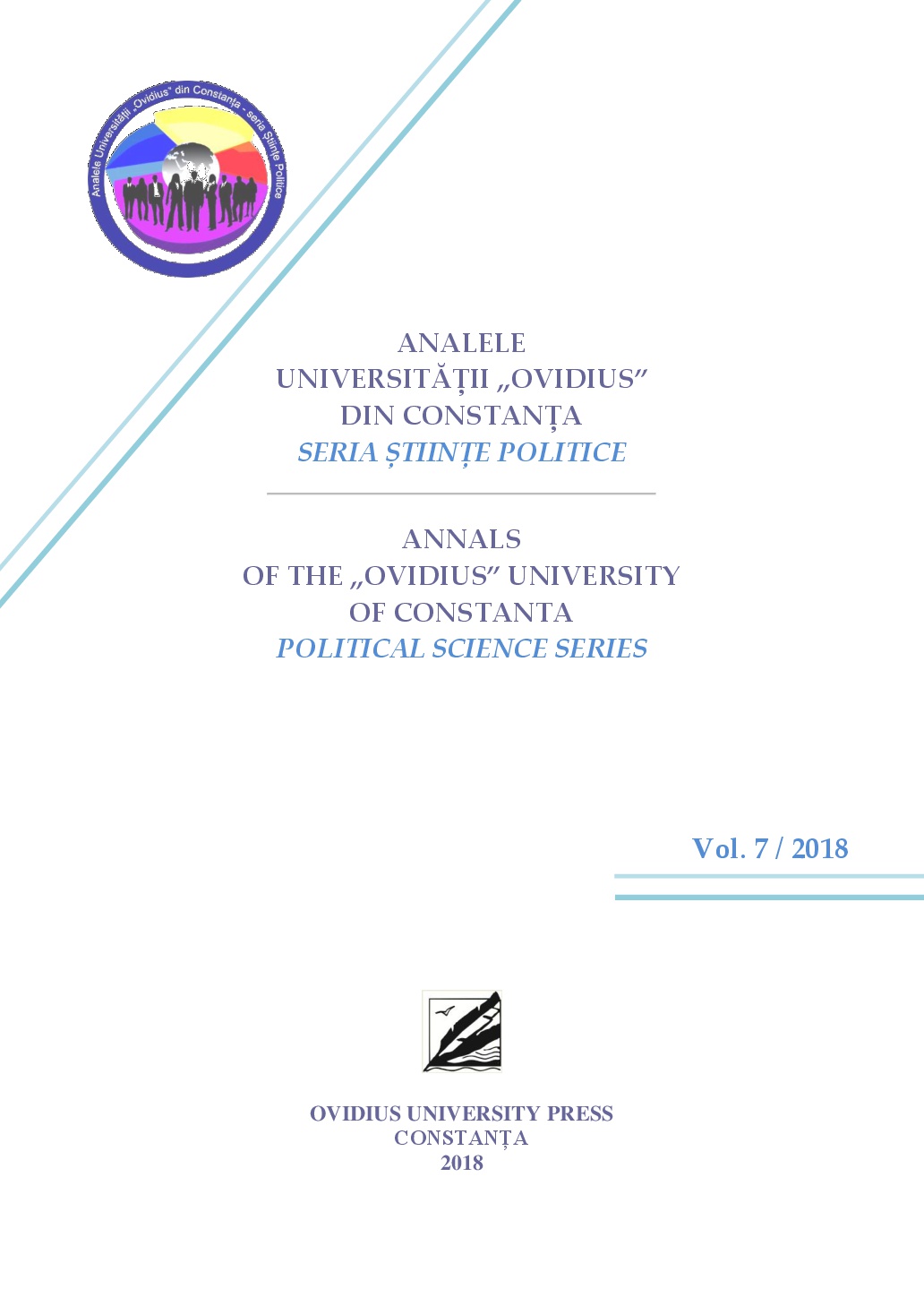Social Cognition and Political Values. Inquires in Political Psychology
Social Cognition and Political Values. Inquires in Political Psychology
Author(s): Silviu-Petru GrecuSubject(s): Politics, Methodology and research technology, Comparative politics
Published by: Ovidius University Press
Keywords: political behaviour; political culture; political psychology; political sophistication; political values;
Summary/Abstract: The aim of this article is to evaluate the quantitative relationship between social cognition, political values and political attitudes and behaviours. In practice, this study analyses two different samples from Germany (N=2030) and Romania (N=1503) and tests if there is a significant relationship between political cognition, values and political action. In this respect we can estimate that the Romanian political system is characterised by political apathy and alienation. All the quantitative results are representative for the statistical time series between 2010 and 2014. There is no statistical correlation between political cognition and political behaviour (r = 0.02, p = 0.001). In contrast, in Germany we observe an educated citizen able to develop personal beliefs regarding the political sphere and, also, to participate, in different manners, in the political life. We can identify a medium positive correlation between political cognition and political behaviour (r = 0.552, p = 0.001). Also, we can underline the fact that political cognition in full democracies, like in Germany, is structured on several values such as: independence (r = 0.504), responsibility (r = 0.602), tolerance and respect for others (r = 0.536). In the Romanian case, political cognition is structured on residual values of the communist society: hard work (r = 0.541) and obedience (r = 0.466). For understanding this psychological process at the theoretical level, we presented two main perspectives about social and political cognition: a neuropsychological perspective derived from the Theory of Mind (ToM) and a perspective derived from “sharing reality”.
Journal: Annals of the Ovidius University of Constanta - Political Science Series
- Issue Year: 7/2018
- Issue No: 1
- Page Range: 7-22
- Page Count: 16
- Language: English

